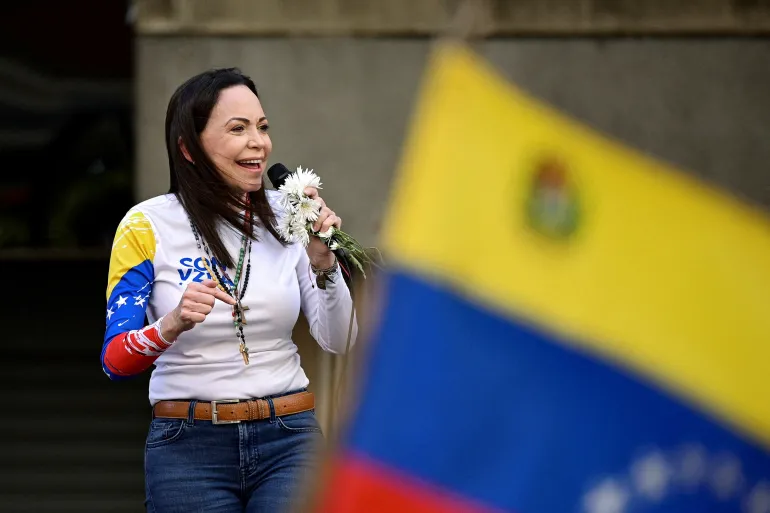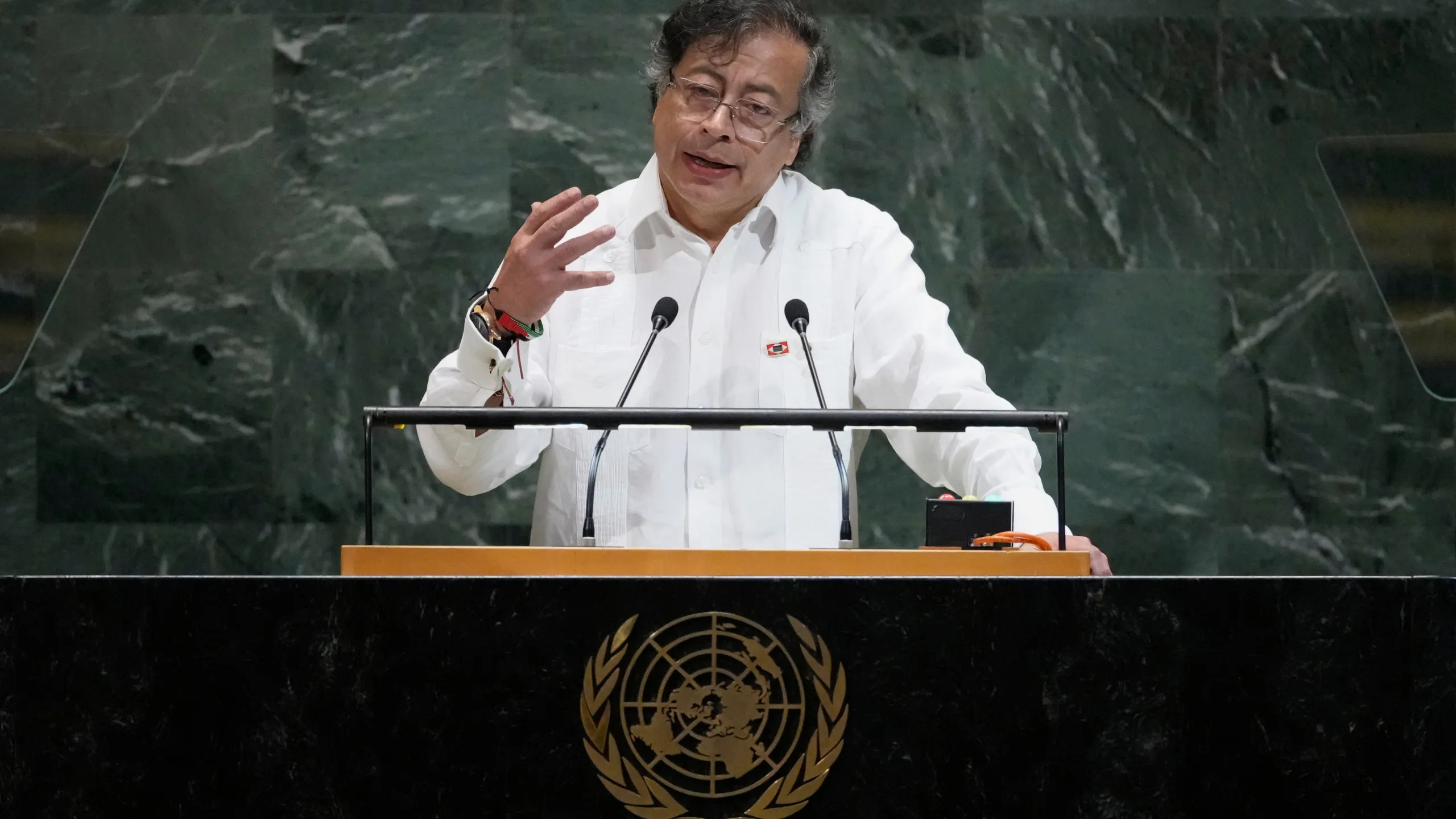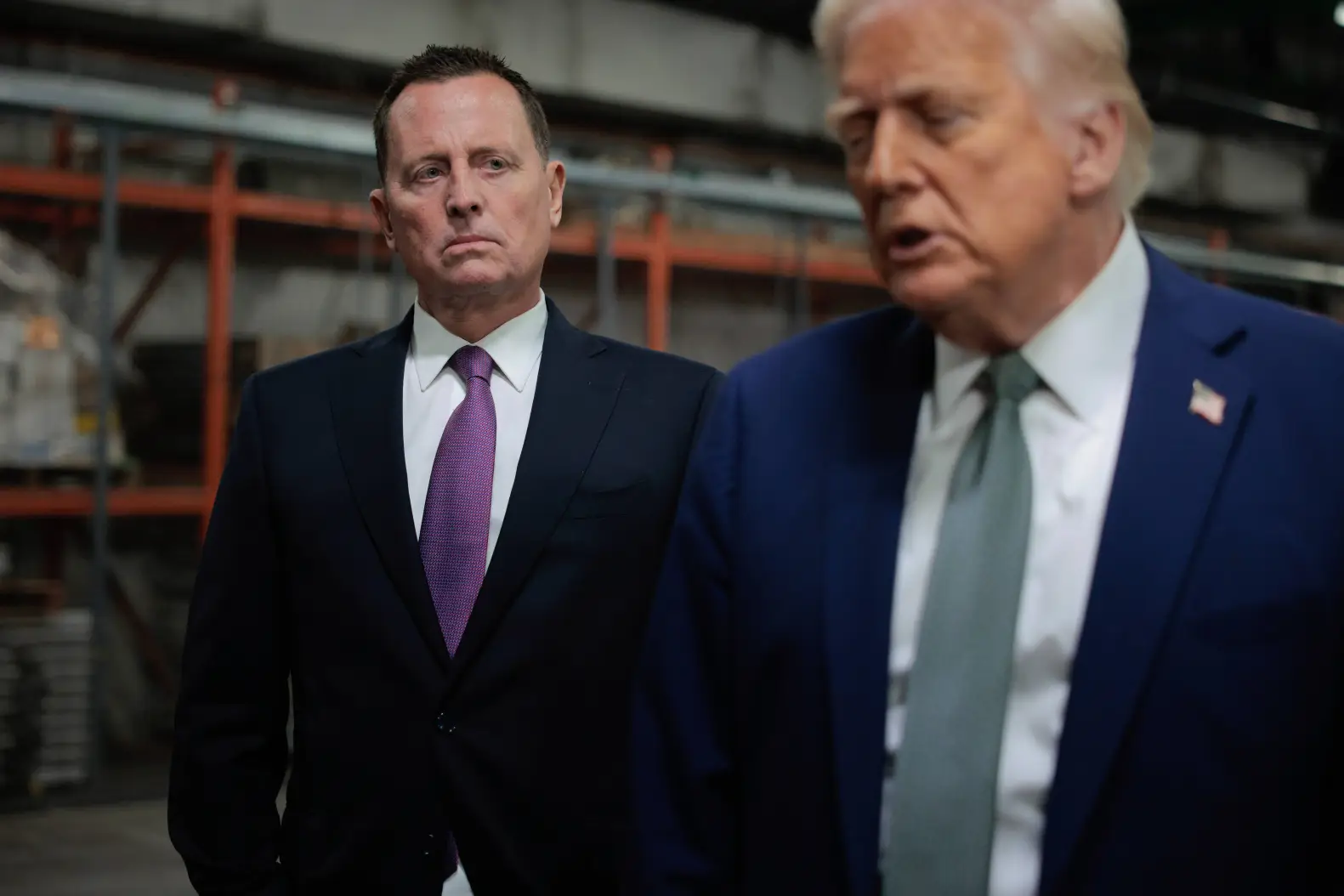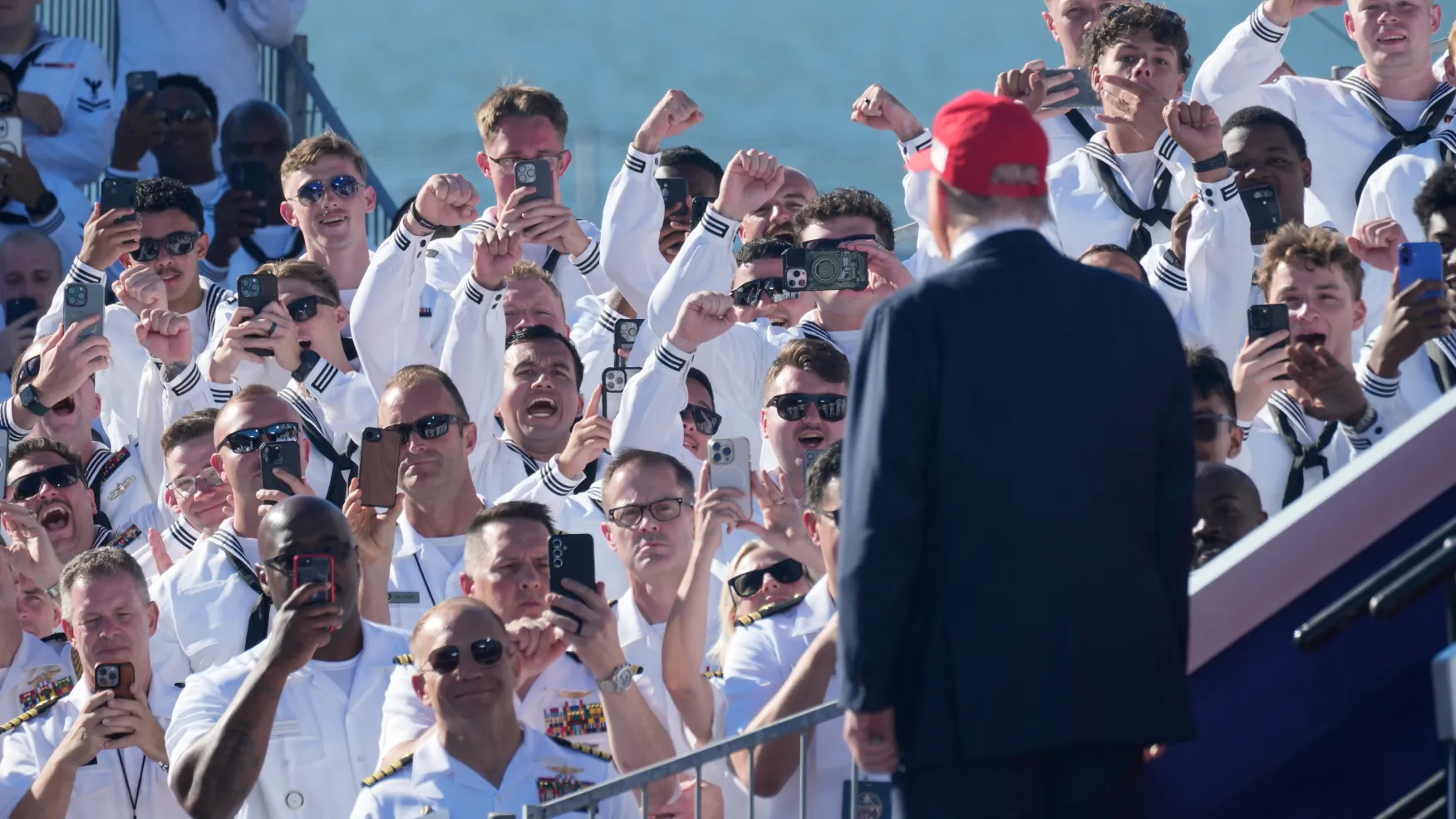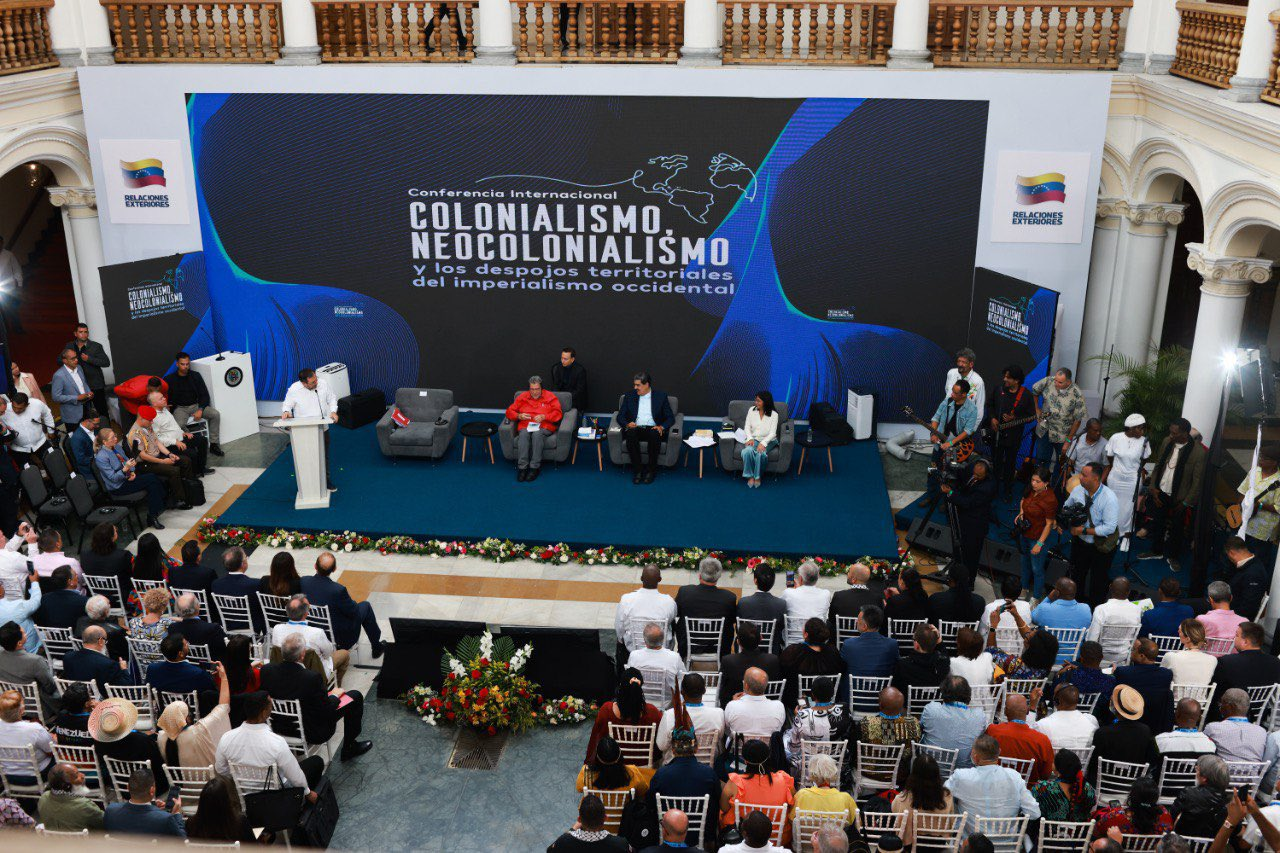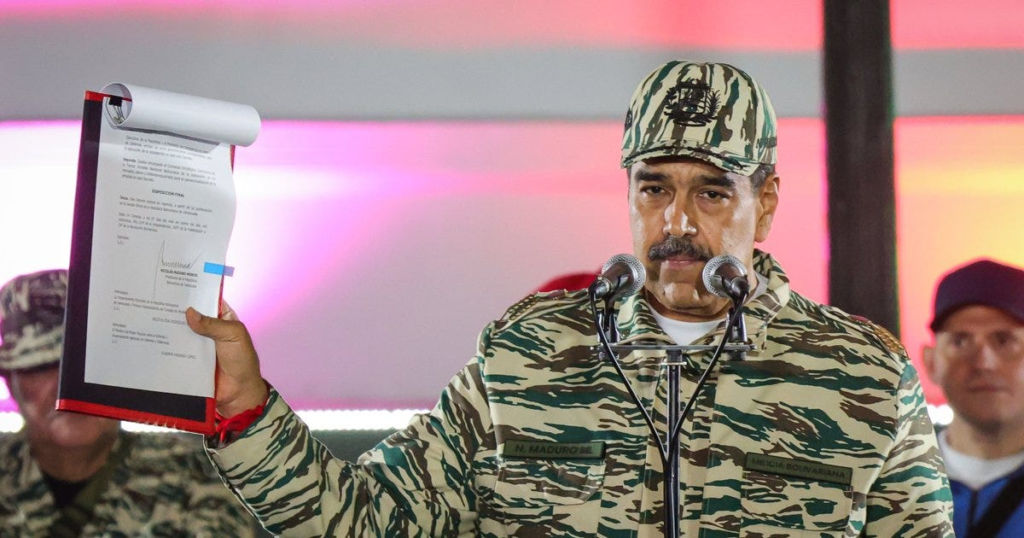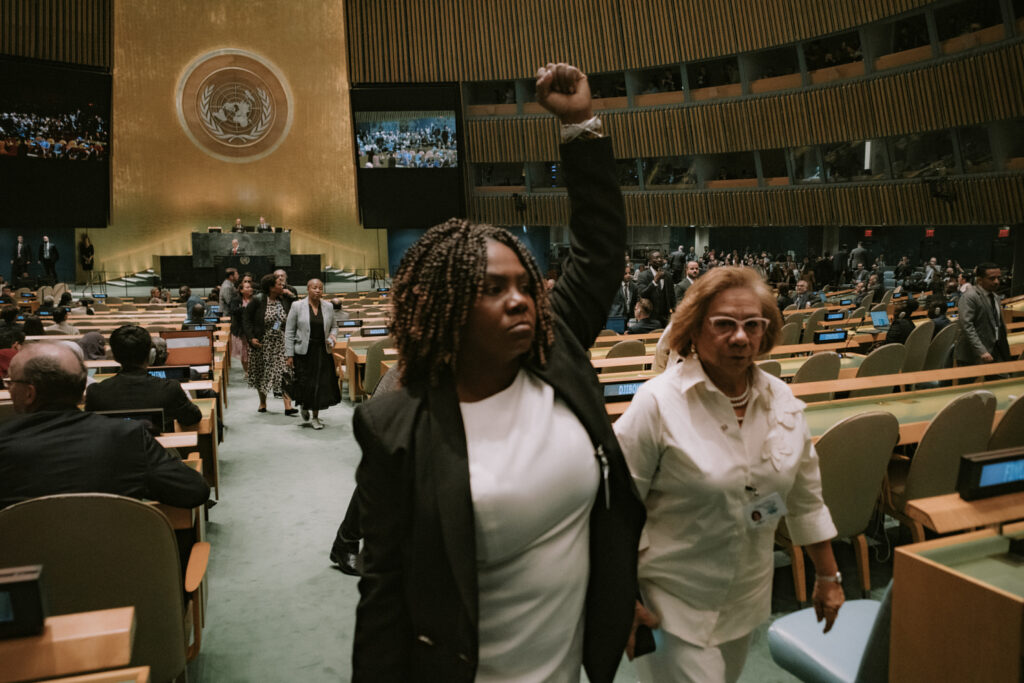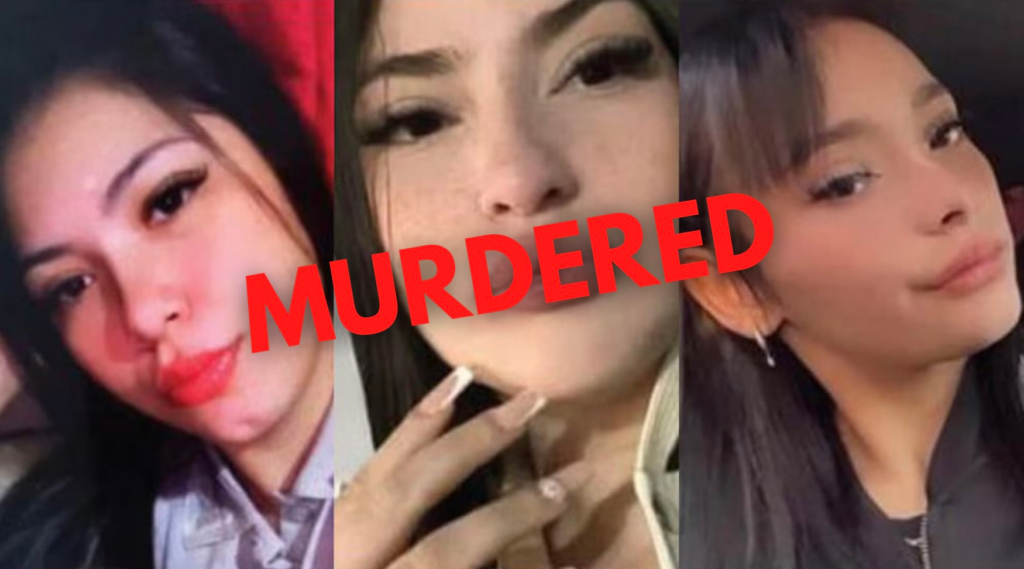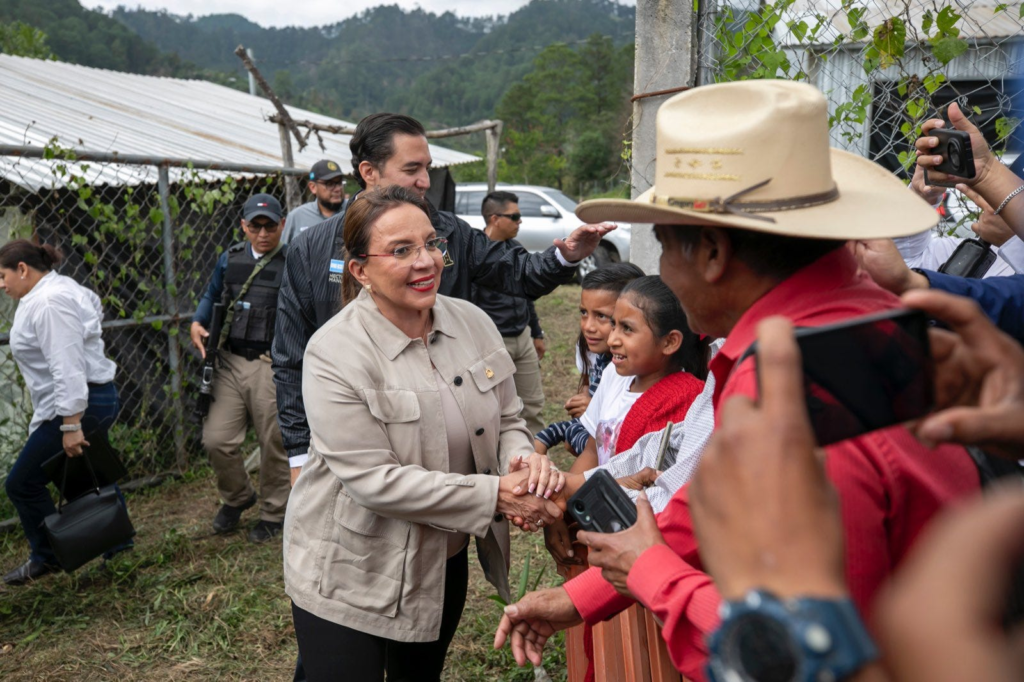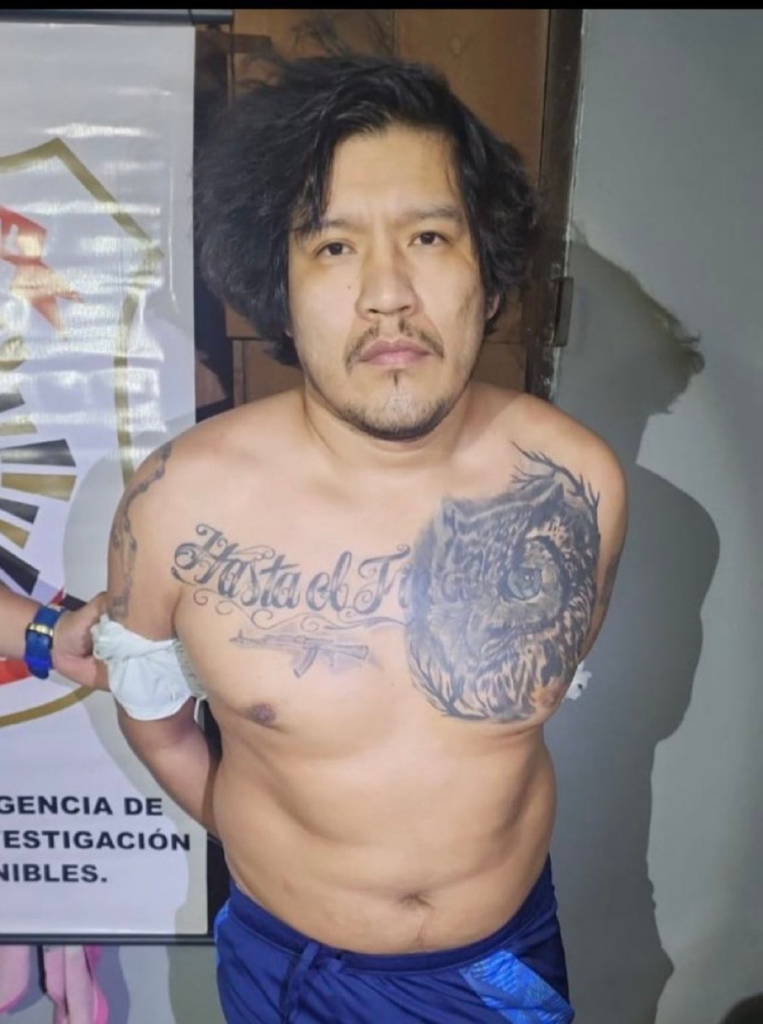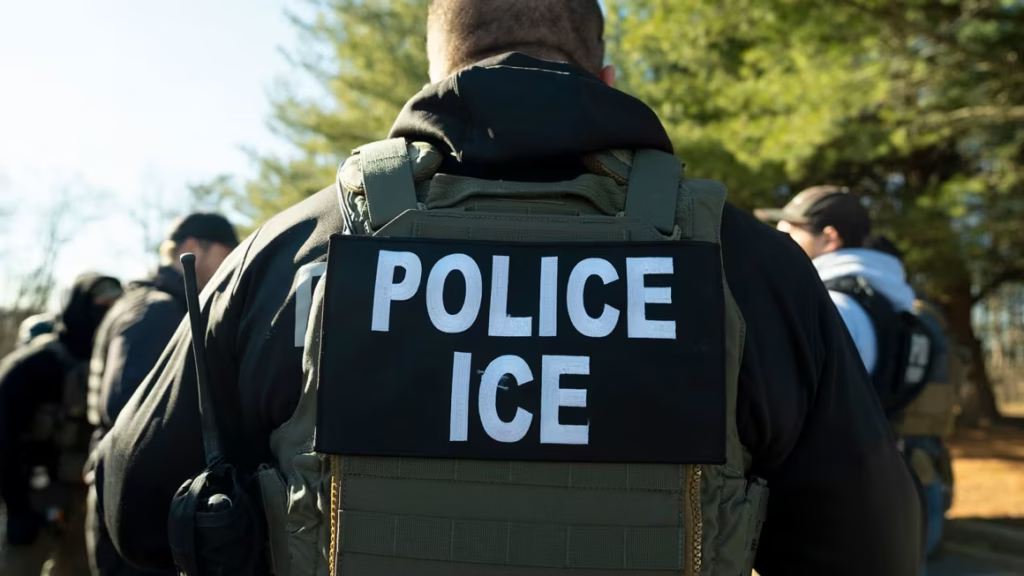The coveted Nobel Peace Prize has been awarded to María Corina Machado, Venezuelan opposition leader to the Maduro regime in Caracas. Machado was recognized by the 2025 Nobel Peace Committee for her “tireless work promoting democratic rights for the people of Venezuela.”
The Committee applauded Corina Machado for her struggle, which has come with personal risk, and for representing the peaceful transition for democracy in Venezuela, where the government of Nicolás Maduro, successor to Hugo Chávez, is accused by the international community of severe human rights abuses and targeted systematic suppression of his political opposition.
The prestigious Nobel Prize has been awarded to a Venezuelan political figure who has undergone difficulties under the watchful eye of the Maduro regime since the early 2000s.
In 2004, Machado led a campaign that petitioned for the referendum on Hugo Chávez, the strongman ruler of Venezuela who led the nation on the past to socialism in the late 1990s.
In 2011, Machado made a run for the presidency in Caracas and received threats from the Chávez government. A few years later, Machado made a bid for a seat in the Venezuelan National Assembly, where she accused Diosdado Cabello – who was Assembly president at the time and long-time Chávez ally – of running a “dictatorship of the Assembly.”
Cabello is currently Maduro’s Interior Minister and has a $25 million bounty for information leading to his arrest, issued by the United States Department of Justice.
Machado continued in her vocal condemnation of the government in Caracas when Nicolás Maduro took the reins of power in April of 2013, leading widespread demonstrations in opposition to the Maduro government.
Machado was also slated to run for the presidency in 2024 in an attempt to unseat Maduro from power but was disqualified by the regime.
Edmundo González, another popular opposition leader allied with Corina Machado, then took her place, as Machado was forced to go into hiding after additional threats were made on her life by officials close to the Maduro regime.
Ultimately, Maduro was victorious in the 2024 presidential elections, but was accused by third-party international bodies, including the United States, of widespread election fraud and suppression of the ruling government’s political opposition, running up to the elections.
The Nobel Peace Prize being awarded to a Venezuelan political figure is also set against the looming prospects of a potential U.S. military intervention in Venezuela.
The United States has embarked on an aggressive campaign of applying pressure on the government of Caracas after the Trump administration vowed to challenge the criminal drug cartels operating in Latin America.
Over the past several weeks, the Pentagon has deployed a wide array of military assets to the South Caribbean and has executed multiple drone strikes on suspected drug boats in the Caribbean waters, reportedly killing more than a dozen
The Maduro regime has accused the United States of “destabilizing the region” and attempting to initiate an armed conflict with Venezuela in a bid to seize its natural resources like “gold and oil.”
On August 7, the U.S. Justice Department revised its reward for information leading to the arrest of Nicolás Maduro to $50 million, accusing the government in Caracas of colluding with terrorist drug cartels like the ‘Cartel of the Suns’, which the State Department claims is run by top officials of the Venezuelan Armed Forces.
Consequently, the Maduro government has threatened to mobilize a four million-man “territorial militia” to respond to any “imperialist aggression.”
Over the week, speculation of a U.S. intervention on the Venezuelan mainland has been fueled by additional military assets moving into Puerto Rico and the islands of Trinidad and Tobago, which directly abut the Venezuelan coast.
Supporters of Machado and of the opposition party in Venezuela celebrate Machado’s award for the Nobel Peace Prize and for her efforts in the fight for Venezuelan democracy. However, peace does appear to be dimmer as Maduro bolsters his defenses in preparation for likely U.S. military action against the Maduro regime.

